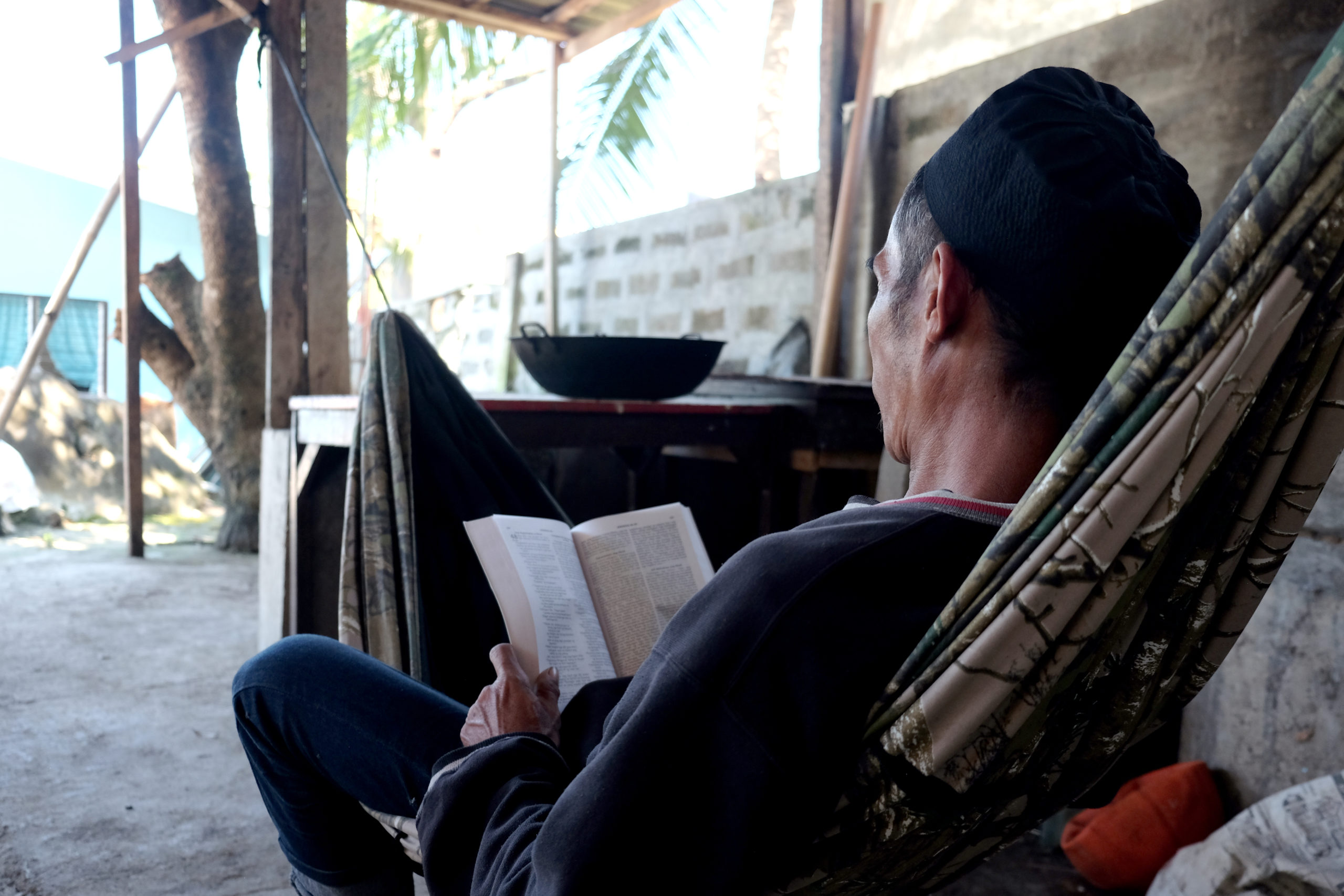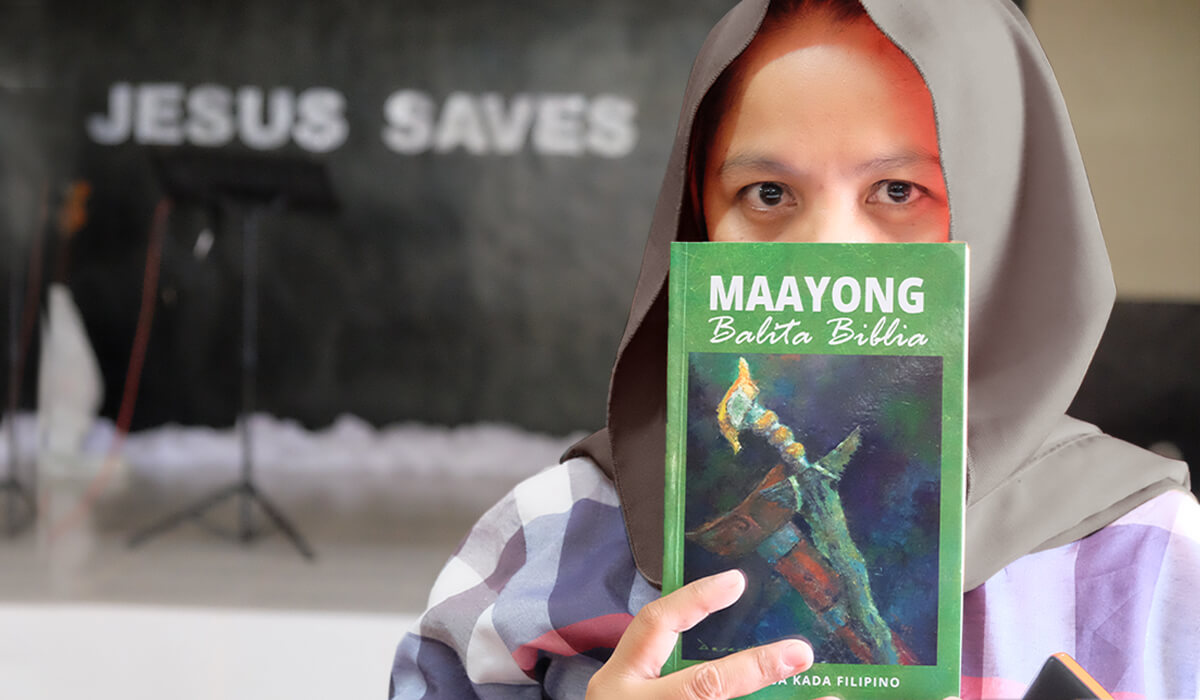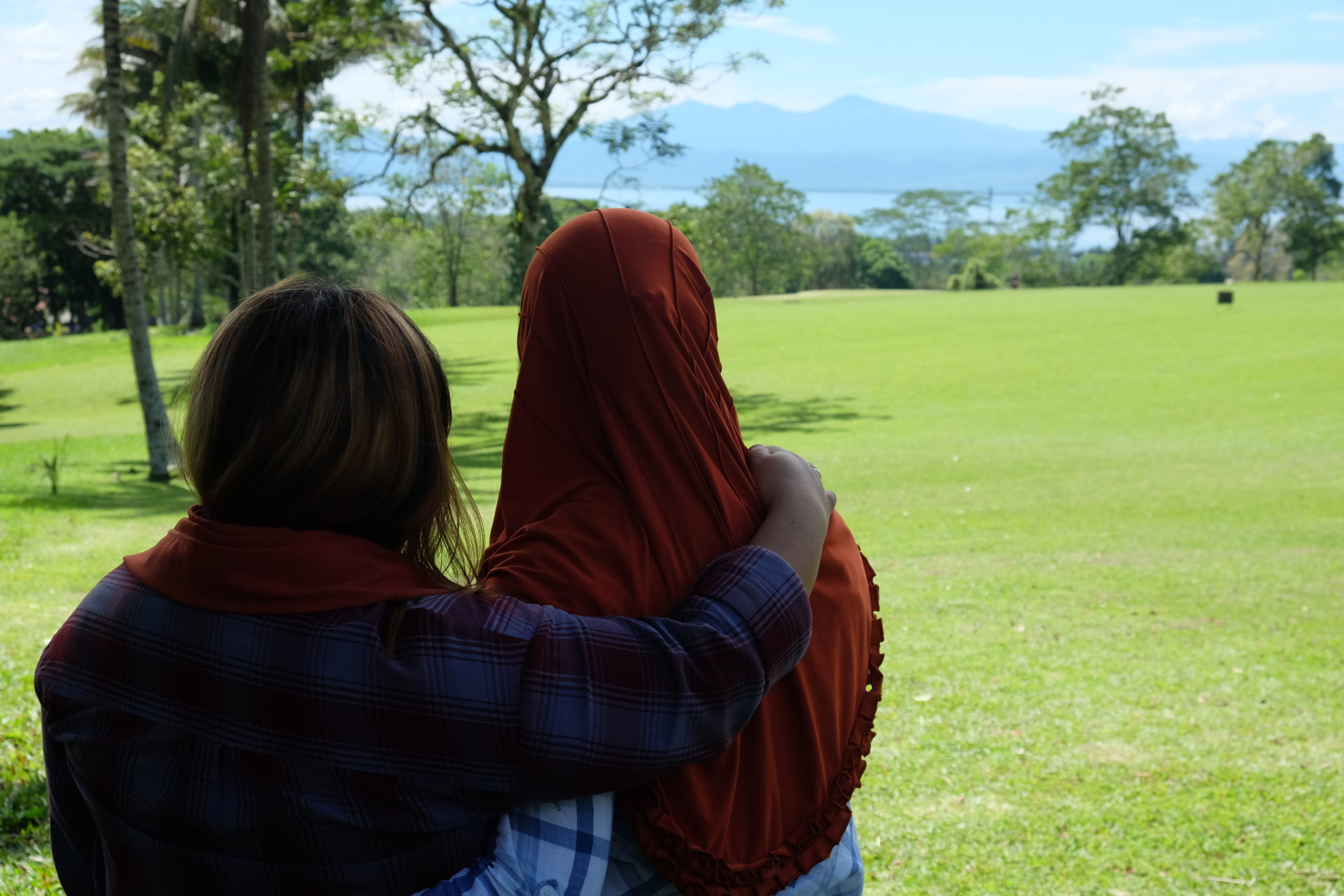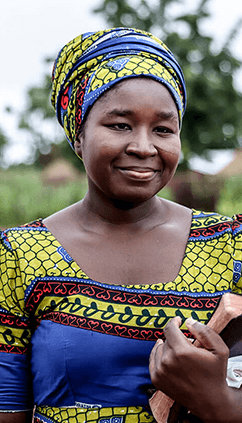It’s been four years.
In May 2017, Marawi, known as the Islamic capital of the Philippines, was completely overtaken. The arrest of an ISIS leader led to a five-month battle between the Filipino army and ISIS. Known as the Marawi Siege, the battle left more than half the city’s 200,000 residents displaced. Militants occupied public buildings. They seized hospitals, jails, churches, and mosques. Members of ISIS took hostages and separated them by religion. According to residents, the militants killed any non-Muslims as a form of intimidation.
It’s been four years, but the effects of the siege are still felt every single day.
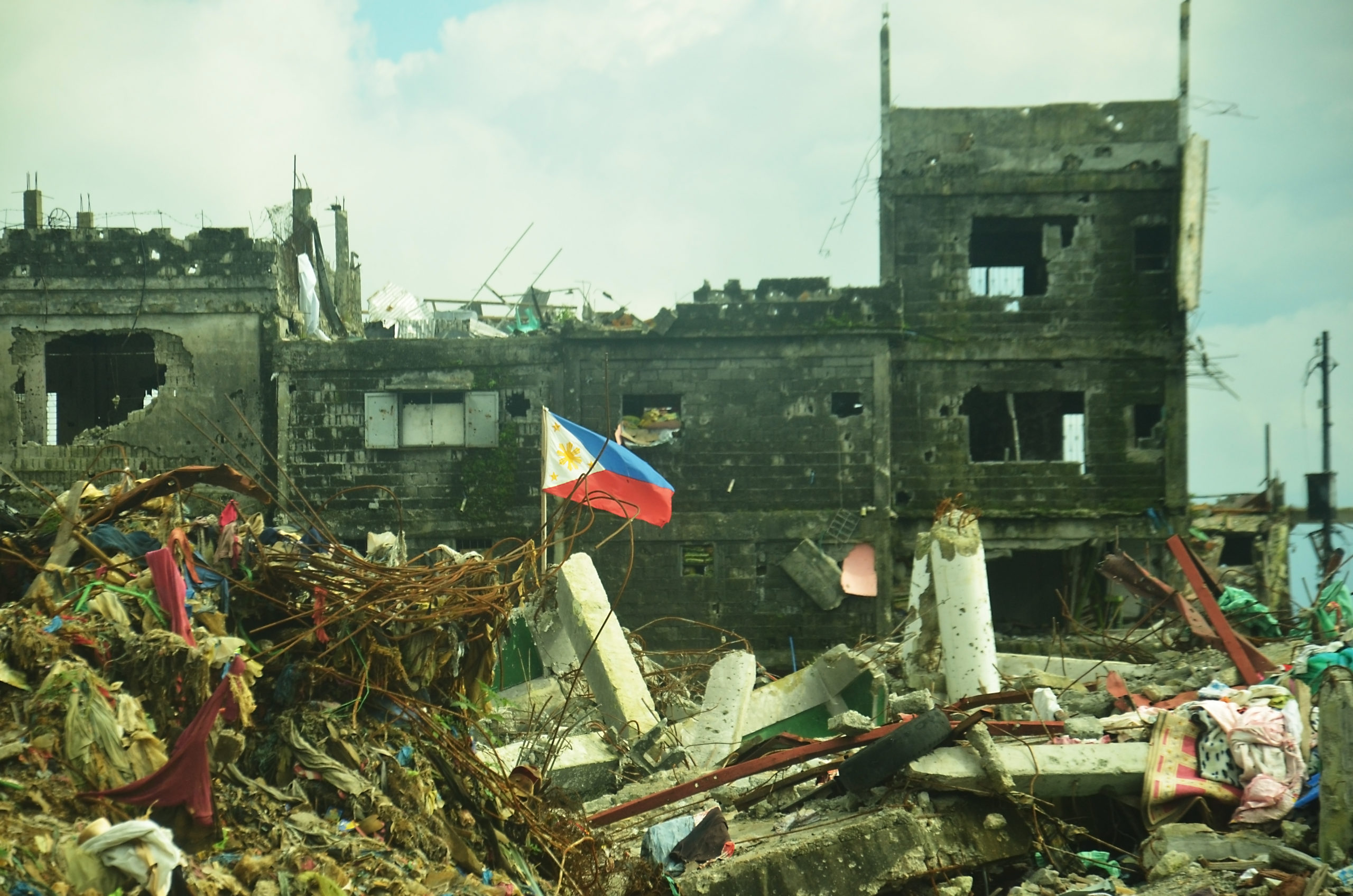
Photo taken a few months after the Marawi Seige. Credit: iStock.
Thousands of Marawi citizens fled their homes to stay with family members or at camps in nearby cities. People lost homes, businesses, everything. It took months—even years—for families to return to their city.
New Normal
Almost 100% of the city’s population identifies as Muslim. Many come from wealthy backgrounds; they were businesspeople with steady incomes for most of their lives. When they were forced from their homes, many stepped into a new world, a world of refugee camps. There were no decent sleeping arrangements, not enough food, and no adequate restrooms. Their way of life vanished in the blink of an eye.
“Life in the evacuation center was difficult,” recalls one woman. “There was no proper place to sleep—our privacy depended on a mosquito net. There were more than a hundred of us in the center and we shared one toilet. We had only one faucet to fill a bucket of water for our day’s supply.” Expecting to stay only a few weeks, she and her family left the majority of their belongings in their home.
They were in the evacuation center for more than two years.
“I cried thinking how long we would suffer,” she says.
“I used to have a comfortable bed in our house, a soft pillow, an air-conditioned room. We had our own toilet and many faucets in the house. I took these seemingly small things for granted because we had plenty of them.”
Even those who once held a high status were now forced to do things they’d never done. One young man attempted to cook rice for his community in the camp. He turned the flame up much too high, almost ruining the food. He was visibly flustered, sweating and shaking in fear as he realized his mistake. Women from his community came to help and asked the leaders of the camp to give the man a break. “Please forgive him,” one woman said. “He doesn’t know how to do kitchen stuff because he is our prince.”
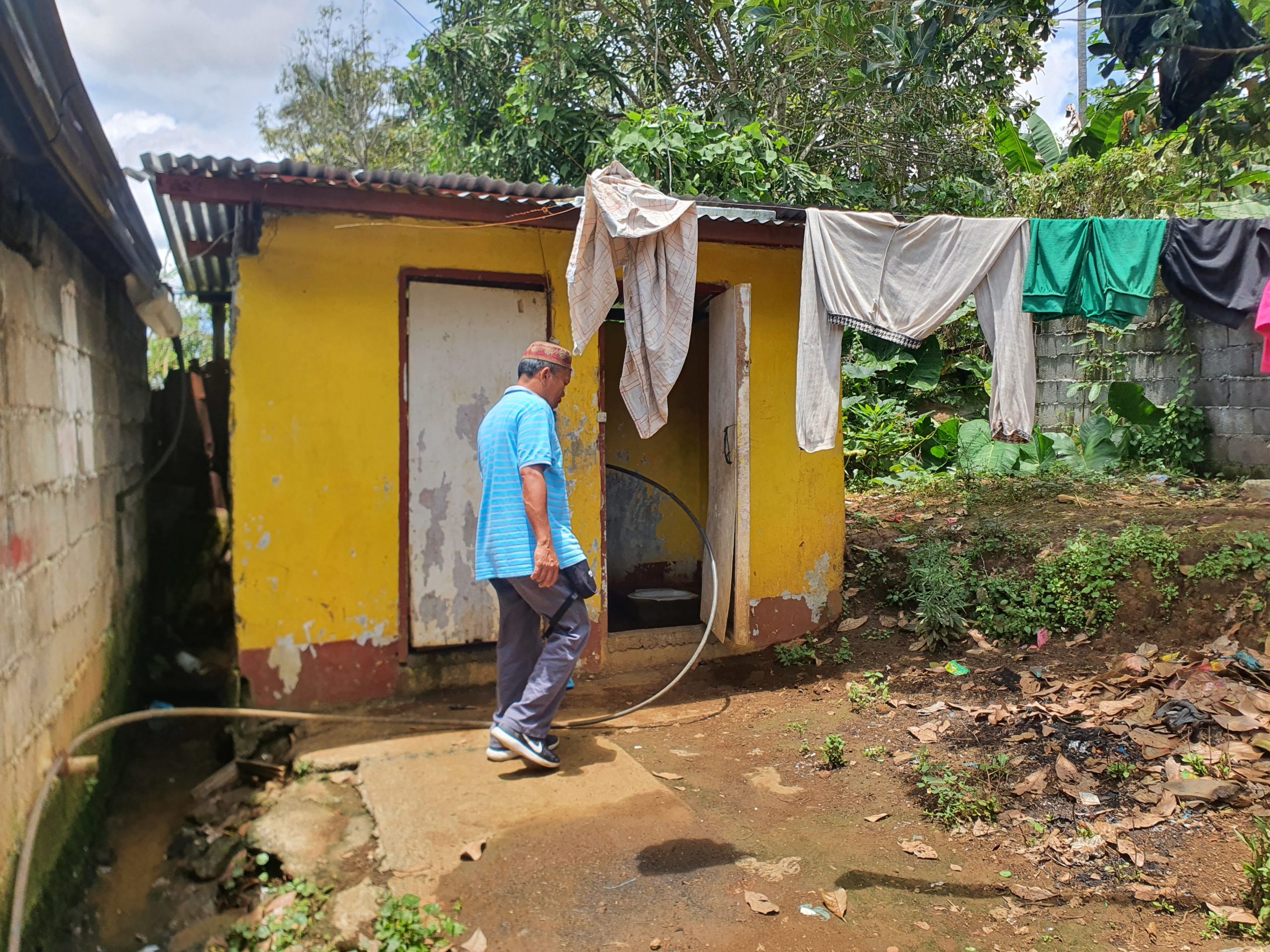
One of the few bathrooms at a refugee camp in the Philippines.
